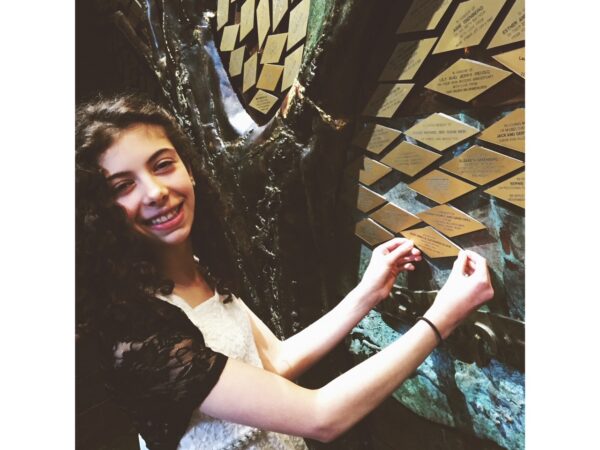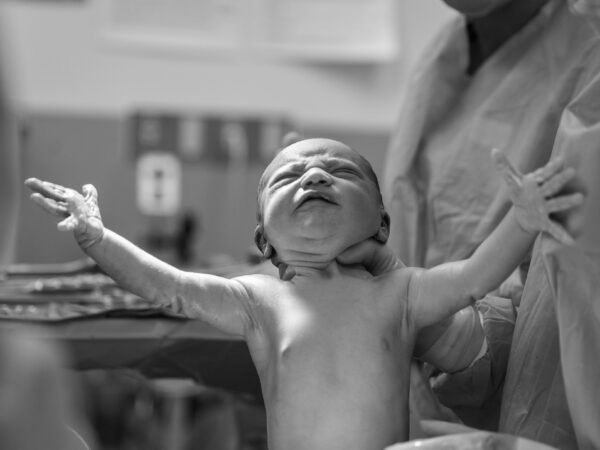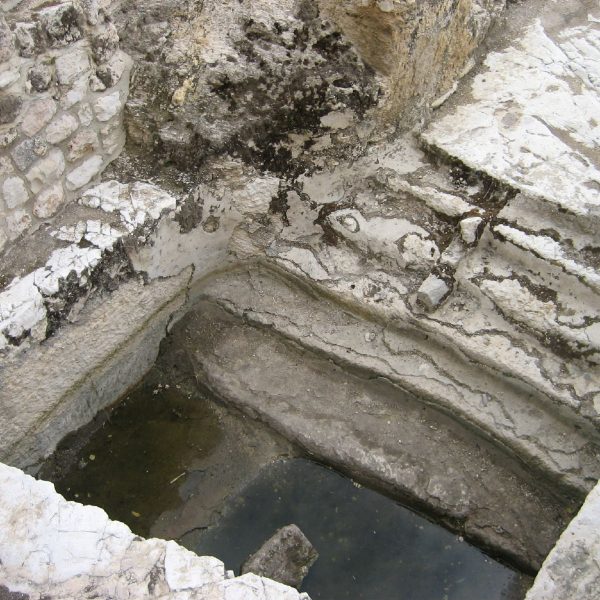Cara Rock-Singer
Cara Rock-Singer is an Assistant Professor of Religious Studies at the University of Wisconsin-Madison, where she is also affiliated with the Center for Jewish Studies, Holtz Center for Science and Technology Studies, and the Department of Gender and Women’s Studies. Her research and teaching center on the relationship among gender, Judaism and science in the contemporary United States. Her book project, Gestating Judaism: The Corporeal Technologies of American Jewish Feminisms, sheds new light on the role of women in producing American religion and on the embodied politics of reproducing and reviving tradition.


